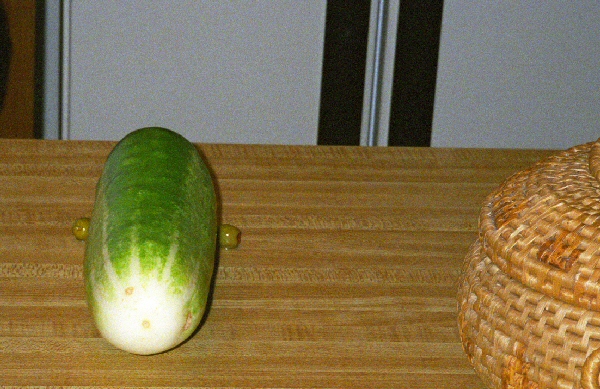I read or saw something one or two years ago about how shipping containers of electronic waste from the U.S. were shipped to China where Chinese laborers without any kind of protection were stripping the waste down to parts from which the precious metals could be retrieved and recycled. It was and is against the law to ship this scrap out of the U.S. so some unscrupulous types were amassing loads of scrap to ship to China where more unscrupulous types would buy it and have the various devices/parts stripped down by poor Chinese laborers who were not aware of the health and environmental risks posed.
Since I have, through work, disposed of 15 to 20 thousand pounds of electronic parts over the last four years, I have tried to ensure that the product was disposed of and/or recycled in an environmentally safe manner that did not involve some poor uneducated laborer in a third-world country. Unfortunately, I can only do so much. I quiz my recyclers about where the scrap goes after they separate it and sell it to their business partners. I have been told that they carefully screen those business partners to ensure that they are being as ecologically and humanly friendly as I wish them to be. The bottom line is that once the scrap is out of your hands, you lose control and really have no idea where it goes.
Watch the clip from CBS. Apparently, even after an expose one to two years ago, shenigans are still going on. I wonder what really happened to the scrap I have disposed of through the years:
